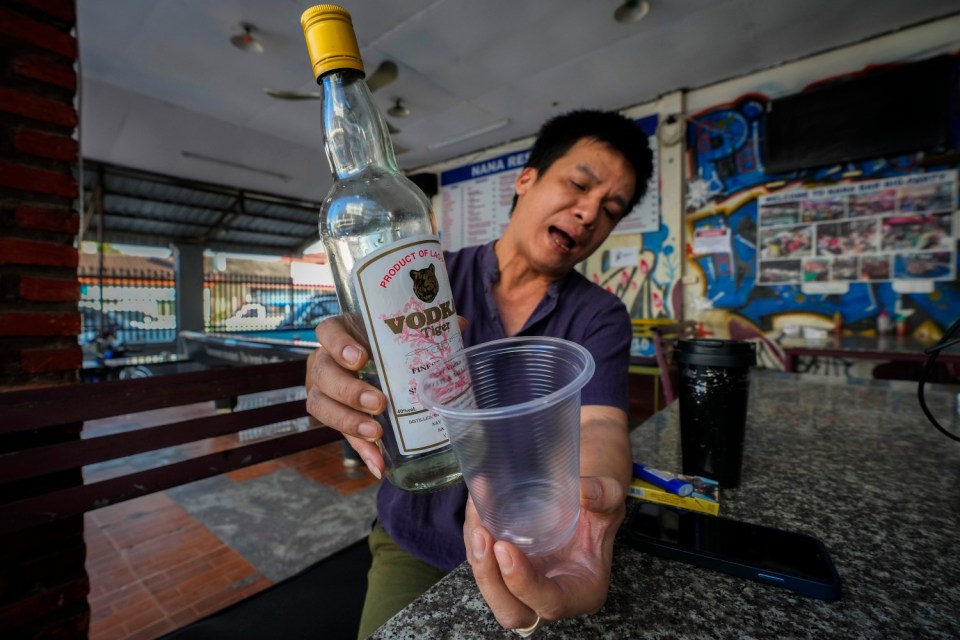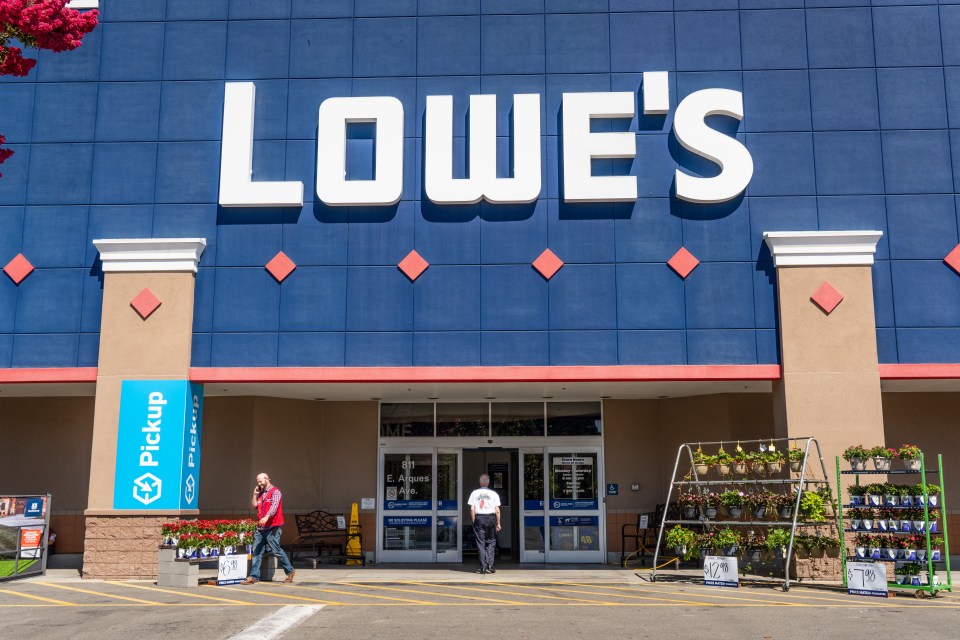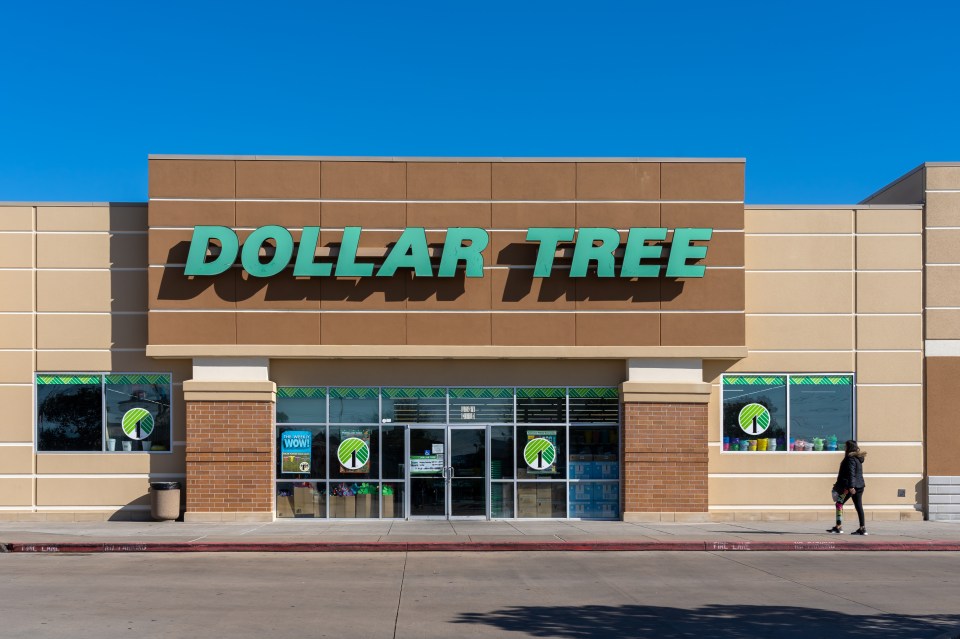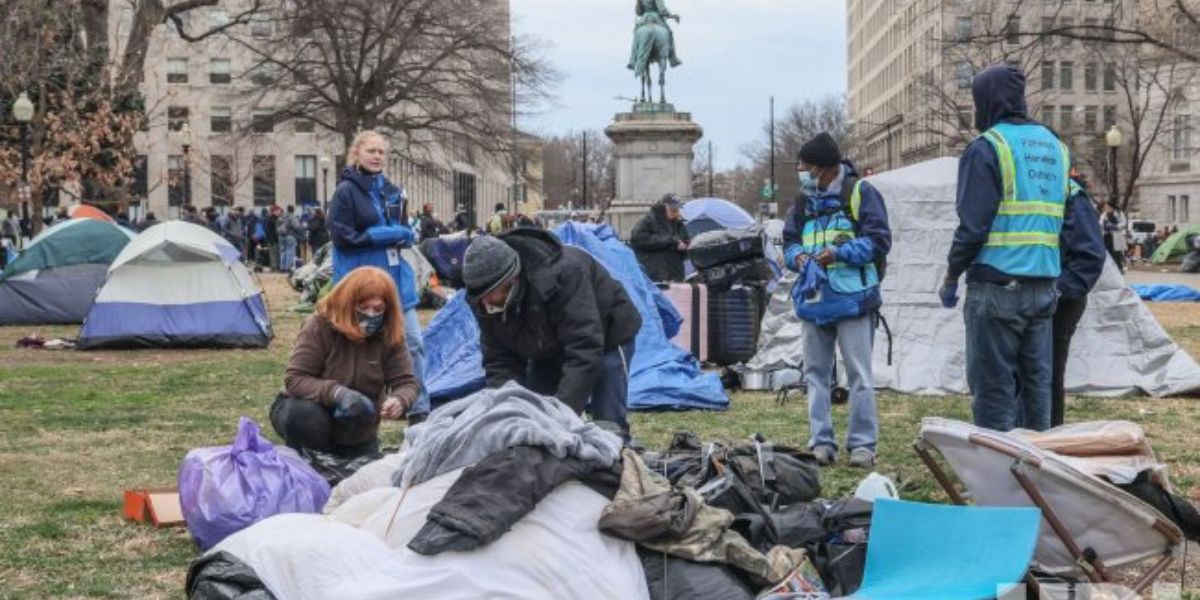Supreme Court Case Sparks Concern Among Maine’s Homeless Advocates
Homeless shelter managers and support workers fear a major U.S. Supreme Court case could have far-reaching consequences in Maine.
Justices will soon decide whether the small Oregon city of Grants Pass imposed a “cruel and unusual” punishment by fining and occasionally imprisoning hundreds of people sleeping outside, although the city had no shelter space available for them. This would represent a violation of the Eighth Amendment.
Though a lower court decided that the city’s camping ban would be unenforceable in 2022, a few conservative Supreme Court justices signaled on Monday that they might disagree. Several justices suggested that individual cities and municipalities should decide whether homeless people might be punished or jailed for sleeping on public grounds.
That argument will sound familiar in Maine, where fierce discussions over the practicality and humanity of clearing homeless encampments have raged in recent years, particularly in Bangor and Portland. Despite efforts by the ACLU of Maine and homeless shelter organizations, public safety concerns over big encampments killed a Portland proposal that would have halted these sweeps this winter.
A final ruling from the Supreme Court is not expected until June, but activists here say they are keeping a watch on the case and want to see the lower court verdict upheld.
“The [lower court] had it right,” Terence Miller, director of advocacy at the Portland-based shelter Preble Street, explained. “To criminalize sleeping outside with fines or arrest strikes me as inhuman.”
Miller stated that until access to shelters, rental assistance programs, and affordable housing is provided, many individuals would be forced to sleep outside. During last year’s annual point-in-time count, the Maine State Housing Authority discovered nearly 300 persons sleeping outside.
“We speak about penalties and jails, which are quite expensive, instead of reinvesting in shelters and other programs. “That just needs to be reversed,” Miller stated.
The city of Portland, where dozens gathered Monday to support those facing homelessness, is considering adding 50 more beds to its homeless assistance center as shelters reach capacity, Miller said. It’s still not enough, he said.
Shelters may soon be in short supply in Bangor, as state lawmakers and local leaders continue to defer responsibility for saving the Hope House Health and Living Center, the city’s low-barrier homeless shelter. Advocates argue that this example highlights both the misery of homeless individuals and the need for long-term investments in such shelters.
“If they were fully and consistently funded, the question before the Supreme Court would not have to be answered,” Lori Dwyer, president and CEO of Penobscot Community Health Center, which manages Hope House, stated. Miller and other campaigners are concerned that if the Supreme Court upholds Grants Pass’ camping ban, Maine cities will approach homelessness with jail.
“Every community is different, and I have to imagine that certain places might feel more empowered to have a ban like that,” said Abigail Smallwood, York County’s homelessness services coordinator.
In that situation, Smallwood and other homelessness service providers hope the Legislature would address the problem and decide whether to approve camping bans or sweeps on its own. According to her, a carceral response to homelessness can make it more difficult for those experiencing it to secure permanent accommodation.
“It worsens the problem. “If someone has a criminal record, it will make it even more difficult for them to find housing,” Smallwood explained. “No one is claiming that encampments are the solution. However, sweeping them is not the solution.











